READY TO GET STARTED?
REQUEST A FREE ESTIMATE
Fill out the form below or call (888) 466-7849 for a free, no-obligation estimate.
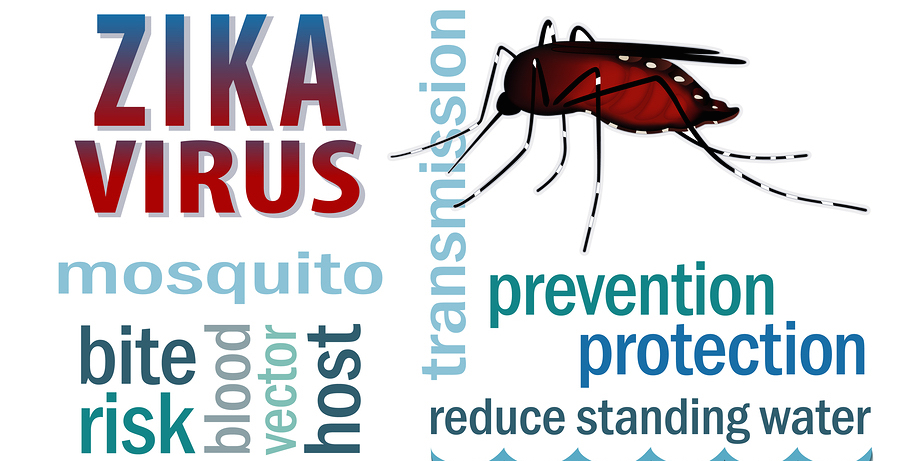
According to the AJC and the State Department of Public Health, the first case of Zika virus in Georgia was confirmed today by Center for Disease Control and Prevention. It’s believed the affected individual contracted the virus while traveling to Columbia between the end of December and January, and has fully recovered.
Zika, a virus spread through Aedes mosquito bites, is “explosively spreading” according to CNN. And while there may not be an immediate threat in the U.S. since mosquitoes aren’t usually active in the winter, we need to be prepared for Spring and Summer when mosquitoes start biting. Here’s what you need to know about Zika virus, and how you can keep yourself protected.
The most common symptoms of Zika virus disease are fever, rash, joint pain, and conjunctivitis (red eyes). While usually mild, symptoms can last several days to a week. About one in five people infected with the virus show symptoms. The virus has also been associated with a rise of microcephaly birth defect cases. Pregnant women should avoid traveling to the countries & territories listed below where the virus transmission is ongoing, according to the CDC, or extreme caution should be exercised – being sure to use EPA-registered mosquito repellent, wear light-colored clothing that covers arms and legs, and stay inside in air-conditioned areas, especially when the mosquitoes that transmit Zika are most active, during daytime hours.
There are currently over 30 people in the U.S. who have been diagnosed with the Zika virus, including three pregnant women — two in Illinois and one in New York. All of those infected contracted the virus outside of the U.S.
Another woman in Hawaii is believed to have had the Zika virus after her infant was born with the associated birth defect microcephaly which causes an abnormally small head and brain, which can lead to developmental delays. More than 4,000 children in Brazil have been diagnosed with the condition.
You can also reduce the amount of adult mosquitoes and mosquito larvae around your home or business with monthly mosquito control service, usually performed during peak mosquito season (April through October in Georgia). An exterminator will inspect your property to identify potential or current mosquito breeding sites and resting areas, eliminate areas of standing water, treat breeding sites to target mosquito larva, and treat resting areas to target adult mosquitoes – like shrubs, ivy, weeds, small trees, and shaded areas.
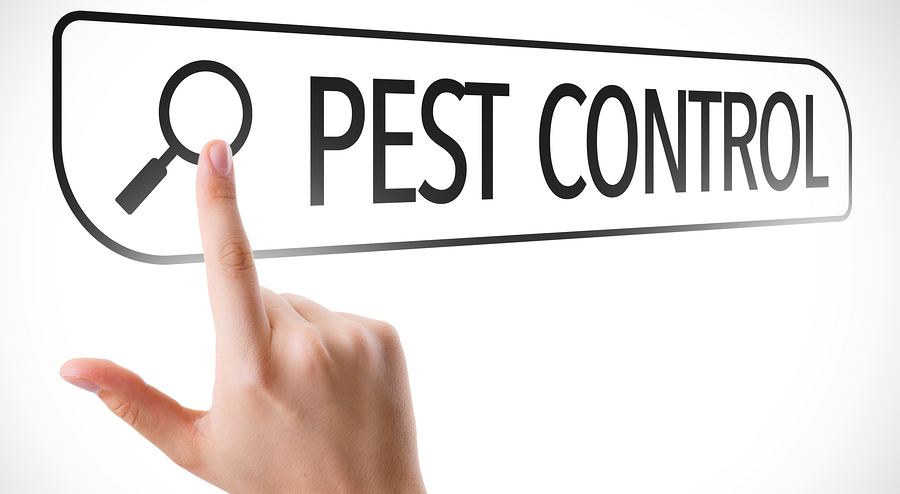
With so many exterminators to choose from, it can be overwhelming for a business or homeowner to determine which company is the best option. Here are a few things to look for when considering which pest control company is right for you:
Does the pest control company offer multiple services for pests, termites, mosquitoes, bed bugs, wildlife, and other household pests? As temperatures and weather conditions change throughout the year, it’s likely that you’ll encounter several different pests at different times. Having an exterminating company that can handle all of your pest needs will save you time AND money. Most often, the pest company can handle multiple service requests during one appointment, send you one bill for all services, that’s usually at a discounted rate (bundle services and SAVE!).
Is the environment and your family & pets a concern for you when considering exterminators? Most likely it is, and should be. Pest control companies today should offer green alternatives to traditional services – like green pest control, green termite control, and green mosquito control. With advancements in technology, green services are just as effective as traditional services if applied correctly and will give you peace of mind, knowing family and pets are not at risk. It’s also not a bad idea to ask for a list of products used. Some exterminating companies claim to offer “green” pest control, but are only using an integrated pest management (IPM) approach – which utilizes less product to target specific pests – but not always with eco-friendly pest control products.
Most pest control companies, like other services companies, will have customer reviews online or a word-of-mouth reputation. Use caution if a company has no reviews or if you’ve never heard of them; they may be newly established with less industry experience.
Because there is so much competition in the pest industry, some newer start-up companies won’t stay in business. While they may offer cheaper prices up-front, your warranty could be compromised, OR they could close their doors without fulfilling their agreement. It’s best to choose a company that’s been around for awhile, that has proven, effective pest control methods, offers highly-trained technicians, and that stands behind their warranties.
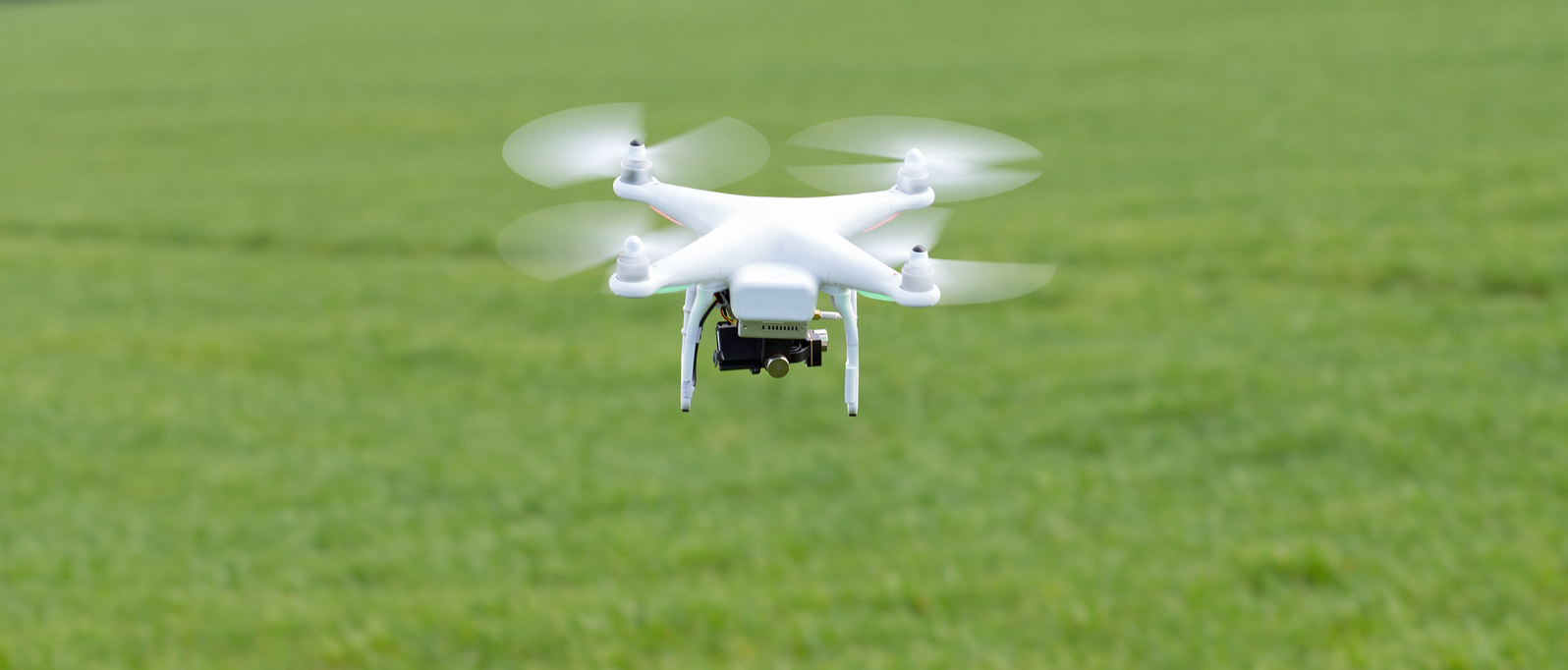
Technology is advancing at an incredible rate these days. Trendy gadgets are used for recreational purposes, and there are just as many new inventions for use in military settings. One piece of technology that has an overlapping use and interest is drones. There are model drones that people can fly for fun and take photos from the sky, the military uses them for many different purposes, and now science is finding a use for them as well.
Mosquitoes are an ongoing, annoying, potentially deadly pest. Scientists are working on developing a drone that will collect just mosquitoes which can then be tested for various diseases that are a threat to man and animal. The hope is to use the collected mosquitoes to test mosquito DNA for known and unknown viral diseases. The mosquito drones will be autonomous, collecting mosquitoes without the need for human control. The potential use of the knowledge from the testing is staggering, diseases can be prevented before they are ever an issue, including diseases we don’t know about yet.
We can only hope that this research can be developed and perfected quickly to aid us in our efforts to eliminate pests and ensure human health and safety.
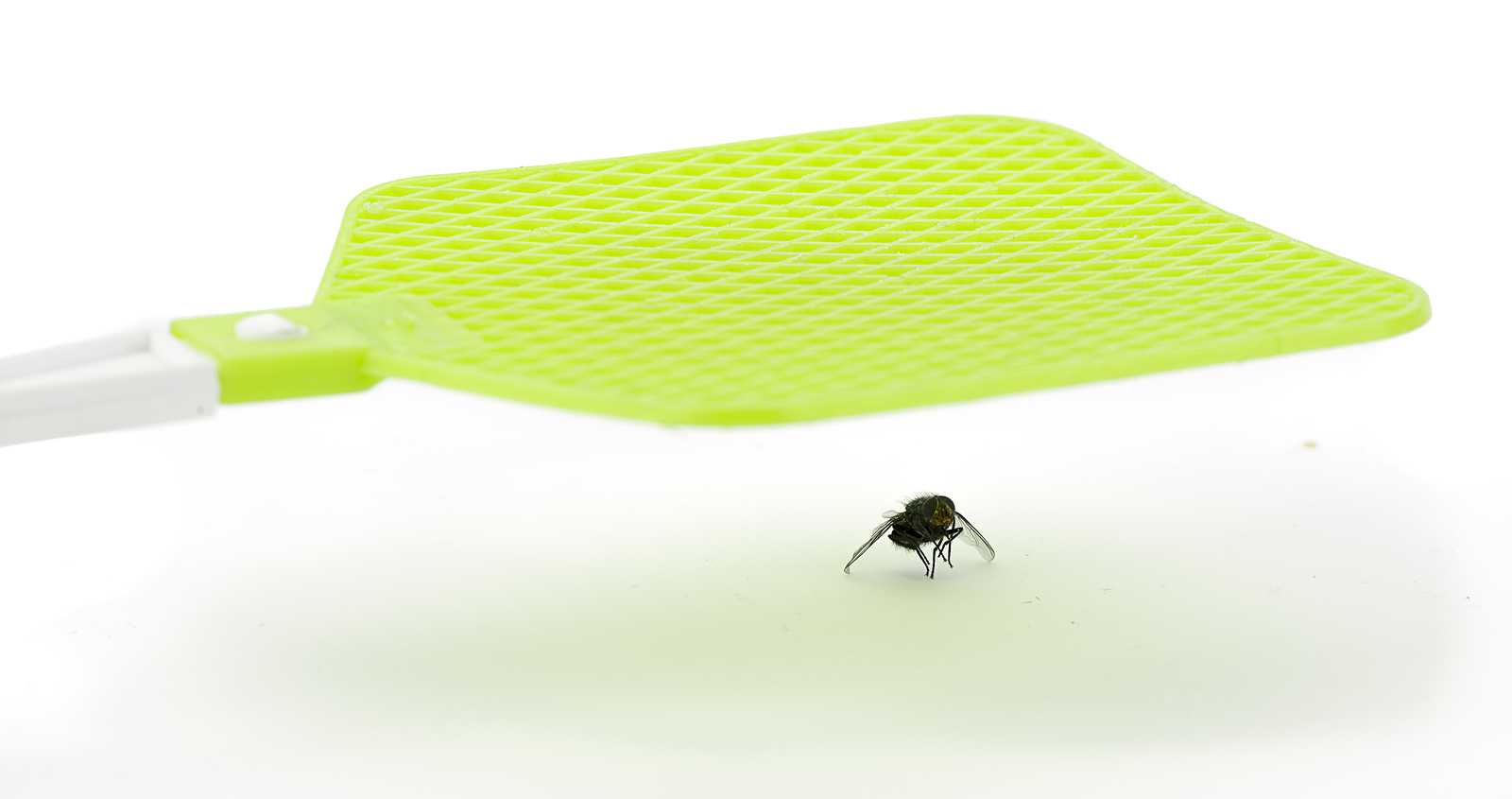
While pests in the house are a year-round nuisance here in the South, certain bugs are more active in warmer months. If you own or rent a home or apartment, you’re likely to come across one or all of these 5 summer pests.
Most of the ants you’ll find in your home won’t bite, but that’s not always the case. It’s best to eliminate any potential food sources and entry points to keep them out. You can do this by sealing cracks and crevices and by keeping a clean house. Take the trash out regularly, store food in sealed containers, and clean up spills immediately. Leaving pet food unattended can also attract ants and other pests, so keep the food in a sealed container when not being eaten by pets, and off of floors.
We’ve likely all been bitten at some point by mosquitoes. They’re active in warmer months and lay their eggs in standing water. In order to have the nutrients to lay these eggs, female mosquitoes need a food source – blood from humans and pets. If bitten, you may experience stinging or itching. In rare cases, mosquitoes will transmit diseases to their host. To prevent mosquitoes, eliminate any standing water around your home – debris, toys, bird baths, fountains, ponds, pet water bowls, etc. Wear mosquito repellent when outdoors, make sure pets are current on heartworm medication, and consider a professional mosquito control service from your local exterminating company.
As temperatures heat up, fleas come out to play by attaching themselves to a food source – usually your pets. Because flea allergies are common, the bites can be itchy and painful, and they transmit diseases, it’s important to keep your pets current on preventative flea medication. Give them baths regularly, keep pet beds clean, and vacuum often. If your pet gets infested with fleas, we recommend contacting a pest control professional. Fleas reproduce quickly and can be hard to get rid of.
Keeping flies out can be hard to do in the summer. Just like most other pests, they’re looking for food. Prevent flies from spreading bacteria throughout your home by keeping windows and doors closed, taking the trash out often and moving garbage cans away from the exterior of your home. Don’t leave food out and clean up dishes and spills immediately.
Roaches thrive in warm, humid temperatures. And because they eat almost anything, they can be hard to get rid of once inside your home. They’re most often seen in kitchens and bathrooms. Because they spread bacteria and often cause severe allergic reactions, it’s a good idea to contact an exterminator if you’re seeing roaches. Where there’s one roach, there’s probably a few hundred more hiding somewhere close. They reproduce quickly and are one of the most difficult pests to get rid of once your home is infested. To prevent roaches, keep a clean house, don’t bring in boxes or newspapers, and seal any cracks, holes or crevices.
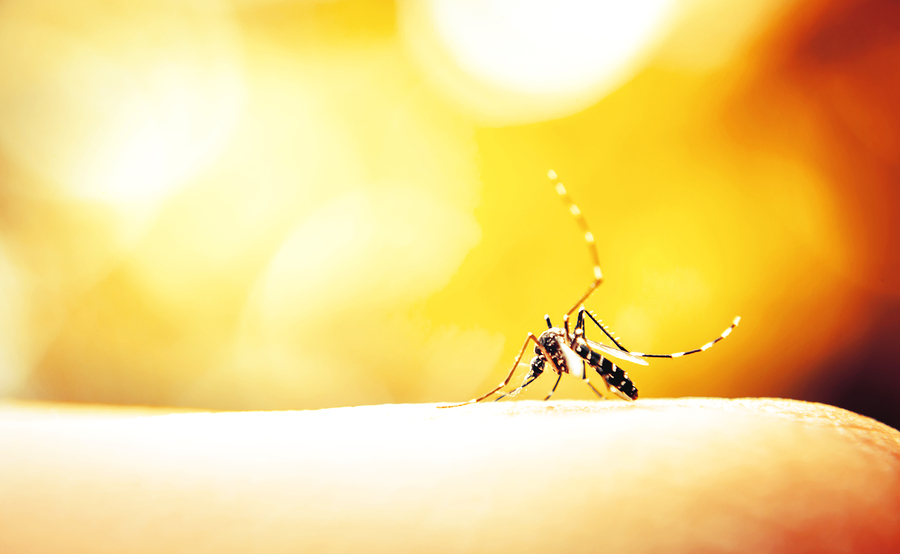
This weekend marks the official start of summer and Memorial Day. It’s a great time to honor those that have served our country and enjoy a long weekend with friends and family. Summer-goers beware, though. Atlanta was recently “awarded” the top mosquito city for this year, with June, July, and August being the most mosquito-active months. There’s still time to prepare before the biting begins! Here’s how you can minimize your risk.
Click here for more information on Atlanta Mosquito Control Services or to request a free mosquito control quote.
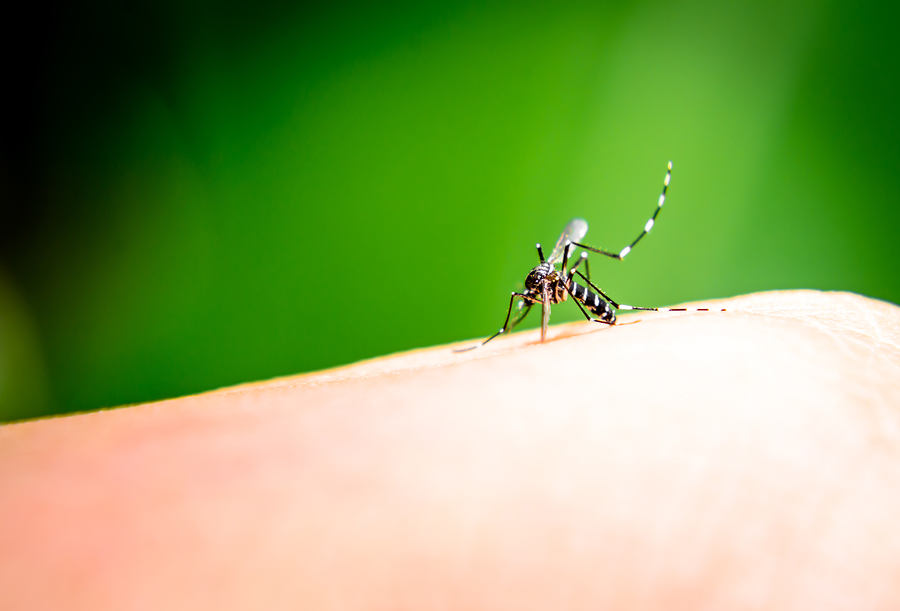
Are you a mosquito magnet? Do you live in a warm humid climate? Do you have children and pets that love to enjoy time outside during the summer? If you answered yes to any of these questions, keep reading.
Mosquitoes are a huge annoyance here in Atlanta and throughout the world. Not only are mosquito bites painful but they carry a variety of dangerous diseases. And they can be a real downer when you’re trying to spend time outdoors. So is there a way to prevent mosquitoes? The answer is yes. There are several ways you can eliminate and prevent mosquitoes from around your home and yard.
Mosquitoes will breed almost anywhere that stagnant, standing water is present. Be sure and put toys away, remove any buckets, containers, debris or trash, correct any drainage issues, and keep gutters clean. If you have fountains, bird baths, or any other feature that contains water, change the water often (at least once a week).
Mosquitoes are most active in the late afternoon and evening. If you’re making outside plans, try and schedule activities before sunset.
The EPA recommends using yellow “bug” lights in all of your outdoor lighting fixtures. These will not repel mosquitoes but also won’t attract them like standard lights will.
Mosquitoes are drawn to dark colors. While wearing lighter colored clothing doesn’t guarantee you won’t be bitten, it will help make you a less attractive food source.
Citronella candles have a mild effect at deterring mosquitoes. You can also set up fans in areas where you spend the most time outside, like on decks or patios since mosquitoes are weak fliers.
Find an insect repellent labeled specifically for mosquitoes. There are many options available including natural repellents. Use the EPA’s helpful tool to find a mosquito repellent that’s right for you and your family.
You can take all the precautions for mosquito prevention and still get bitten. Having your property inspected by a professional mosquito control company will give you more insight into the problem areas – potential or existing mosquito breeding sites – and provide you with options for mosquito treatments. Most mosquito control companies either utilize a combination of larvicide and adulticide mosquito treatments or mosquito misting systems. Contact your local exterminator to find out which one is right for your home.
By: Kate King
[email protected]
As many of you have been seeing or hearing in the news recently, the mosquito-borne virus, Chikungunya is being reported in the United States. The symptoms of Chikungunya are very similar to those of the flu: fever, joint pain, muscles aches, joint swelling, and possible rash. The symptoms typically appear 5-7 days after being bitten by an infected mosquito and last for about a week. However, the joint pain may continue for a longer period of time. The best thing for you to do if you are experiencing these symptoms is to get plenty of rest, keep hydrated, and take a pain reliever/fever reducer. You should also notify your doctor.
Let me first say that many of the cases reported are from people traveling in areas where the virus is found naturally. To date, there are no documented cases originating from within the United States, according to the CDC. The mosquitoes that carry the virus are found throughout the United States, so there is the potential for the virus to become established here.
There are a few things that you can do to help limit the possibility of being bitten by a mosquito and reduce the risk of chikungunya:
If you are experiencing an issue with mosquitoes on your property, or you would like to try and prevent any kind of issues, contact your local Pest Control Company.
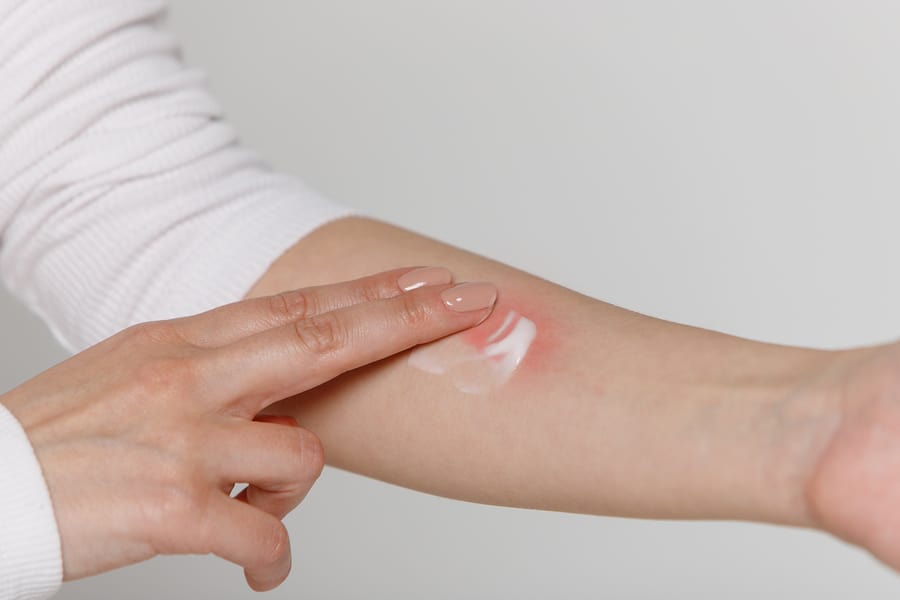
If you spend any time outside, especially in the Southern states, there is a good chance you will get a mosquito bite. The female mosquito (males don’t bite) feed on blood. Once they bite they cause a minor allergic reaction. You will most often see the skin raise and turn red. The itch comes from the allergic reaction to the saliva, an anticoagulant, that the mosquito injects while sucking your blood.
Warmer weather is finally here and we know our residents are no doubt spending more time outdoors. However, with increased outdoor activity, the public is at risk of becoming a meal for summer’s most dangerous and pesky pest – the mosquito. That’s why we are urging the public to take preventative measures to protect themselves and their families.
Mosquitoes are emerging early across the country due to recent rainfall and an increase in temperatures. With the threat of West Nile virus and other mosquito-borne diseases, it’s important for people to take the necessary precautions to prevent mosquito bites when spending time outdoors in the coming months.
The National Pest Management Association (NPMA), a nonprofit organization committed to the protection of public health, food and property from household pests, offers the following tips to avoid becoming a mosquito meal:
For more information on mosquitoes and other summer pests, please visit www.callnorthwest.com.